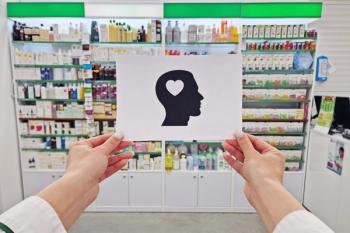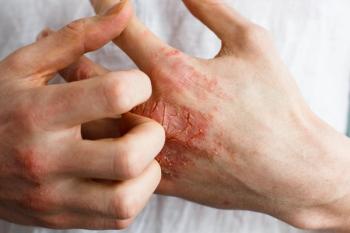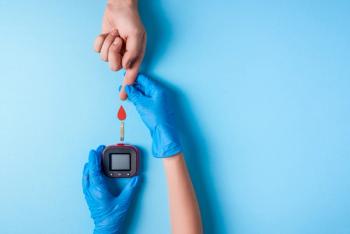
Adolescent Skin Disease and Mental Health: The Psychosocial and Social Media Impact
The relationship between dermatology and social media was analyzed in a poster presentation during SBS 2023 in Miami, Florida.
The contribution of psychological disorders to the burden of adolescent skin diseases has not been adequately explored, according to a poster presentation at South Beach Symposium (SBS) 2023 in Miami Beach, Florida. Data from the review suggests that social media may have a negative impact on body image and the association with adverse life events, suicidal ideation, and depression is higher among adolescents with acne and atopic dermatitis (AD).
Study authors aimed to provide insights into the psychosocial and social media impact of acne, atopic dermatitis, and aesthetics in adolescent patients. To conduct their review, study authors used a modified Delphi process comprising face-to-face interviews followed by online discussions. A systematic literature search reviewed clinical studies, consensus papers, meta-analyses, and reviews through PubMed, Google Scholar, Cochrane Library, and PsychInfo. The selected literature was used to create 14 draft statements related to the psychosocial impact of acne and atopic dermatitis. The draft statements were reviewed by a panel and used to adopt 5 statements using evidence from the literature combined with the panels’ opinions and experiences.
The 5 agreed upon statements include:
- Research has demonstrated an association between both AD and acne with an increased risk of poor sleep, social impairment, and mental health problems, including body dysmorphic disorder (BDD)
- Severe body image concerns, including BDD, present with high levels of psychological distress and are significantly associated with inflammatory skin diseases such as AD and acne
- Education for patients with AD or acne and their parents leads to improved self-management skills and self-responsibility, better outcomes, improved quality of life for patients and caregivers, reduced treatment costs, and secondary prevention of comorbidities, including mental health disorders
- Teens look to social media for medical information and support when seeking cosmetic and dermatologic treatment; however, social media can contribute to unrealistic expectations and mental health conditions, including body image dissatisfaction
- Social media use has potential benefits such as connection, support, increased self-esteem, safe identity experimentation, and an increased opportunity for self-disclosure. Body image acceptance and body positivity campaigns from social media platforms and social media-based microinterventions may actively combat adverse outcomes in adolescent patients with AD or acne
Based on the collected statements, study authors noted that the greater use of social media is associated with body dissatisfaction, appearance anxiety, drive for thinness, self-objectification, and lower self-esteem. Taking and posting photos using lenses or filters may also lead to body image dissatisfaction, shape and weight concerns, and acceptance and consideration of cosmetic surgery.
“Exploring social media for information has positive and negative aspects. Educating patients and clinicians should be done to increase awareness of the positives and negatives of social media use among adolescents. Action-oriented items should be created to assist dermatologists in addressing these issues in clinical practice,” the study authors concluded.
Reference
- Rieder E, Andriessen A, Cutler V, et al. Dermatology in the social media era: Building awareness of social media’s impact on adolescent skin diseases and mental health. Presented at the 2023 South Beach Symposium Meeting; February 9-12, 2023; Miami Beach, FL. Accessed February 8, 2023. https://www.livderm.org/wp-content/uploads/2023/01/MOPD-2023_Poster-psychodermatology_v3_23Jan23.pdf
Newsletter
Pharmacy practice is always changing. Stay ahead of the curve with the Drug Topics newsletter and get the latest drug information, industry trends, and patient care tips.























